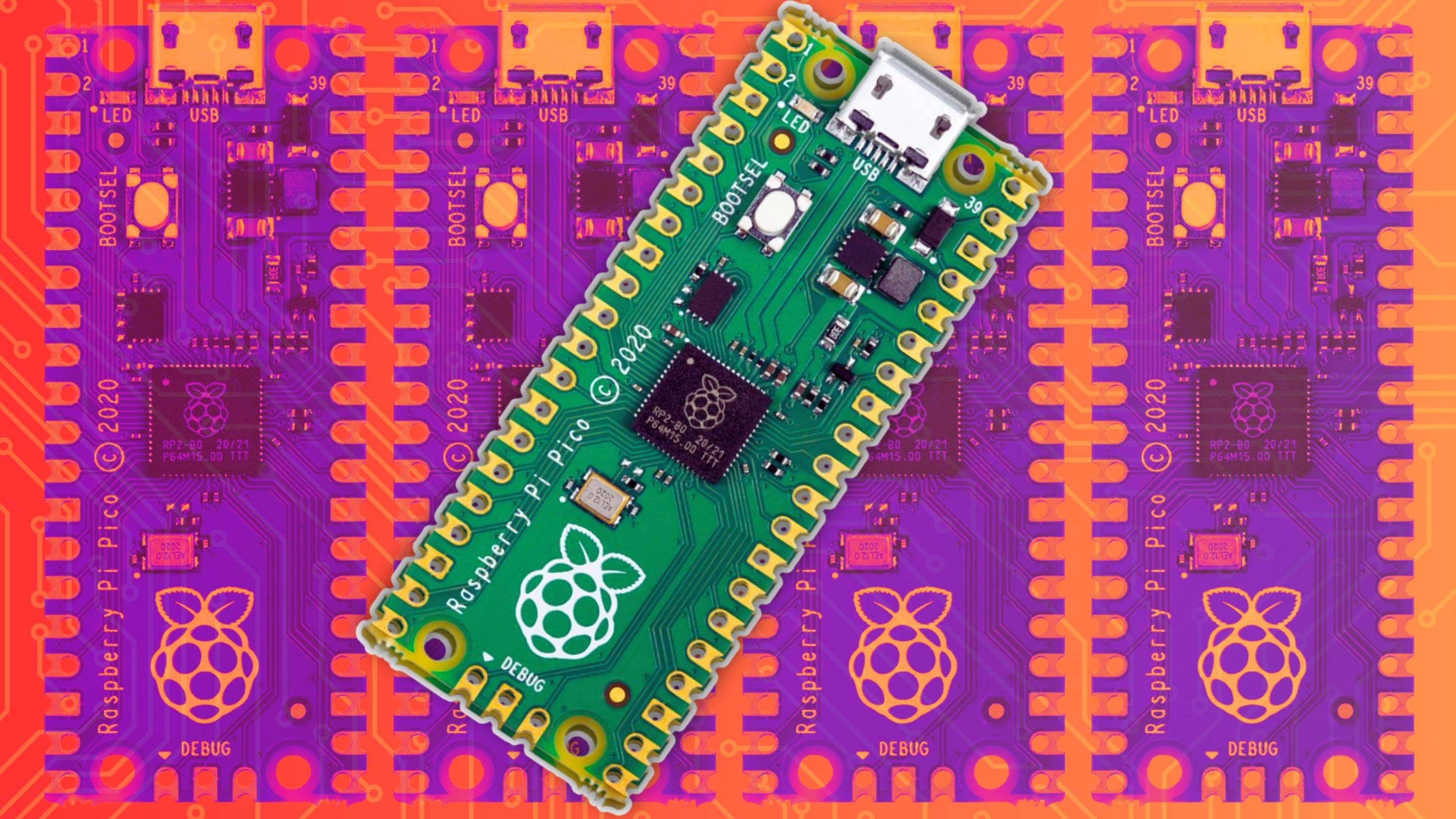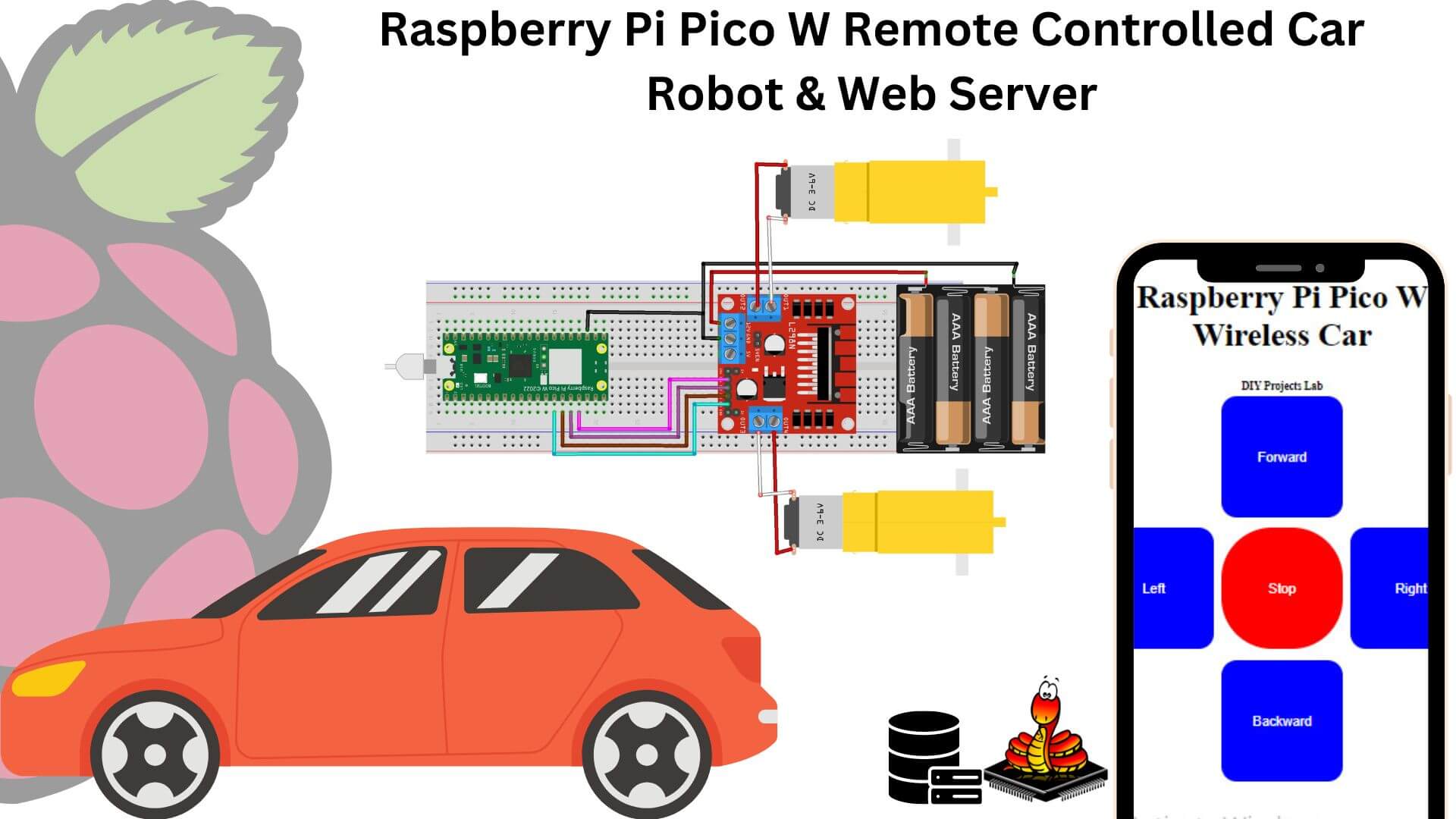RemoteIoT VPC: Review & Raspberry Pi Setup Guide - Discover
Can a seemingly small, inexpensive computer revolutionize how we approach secure and scalable cloud infrastructure? The answer, when considering the capabilities offered by integrating a remoteiot vpc with a Raspberry Pi, is a resounding yes, ushering in a new era of decentralized and cost-effective computing. This paradigm shift has profound implications across diverse sectors, from industrial automation to smart home applications, and warrants a closer examination.
The heart of this discussion revolves around the convergence of two powerful technologies. The Raspberry Pi, a credit-card sized single-board computer, provides a remarkably accessible and versatile platform for experimentation and deployment. Coupled with a remoteiot vpc (Virtual Private Cloud) solution, which offers a secure and isolated network environment, the potential for innovative projects skyrockets. This pairing allows developers to create secure, scalable, and cost-effective solutions without the overhead and complexity of traditional cloud infrastructure. The integration can offer advantages that were previously difficult, if not impossible, to achieve.
Now, lets delve into the practical aspects of implementing this technology. Consider the challenge of setting up a secure and isolated network for a remote sensor deployment. Traditional methods would necessitate costly hardware, complex configuration, and ongoing maintenance. However, by utilizing a remoteiot vpc, a network that is completely isolated from the public internet, you can create a secure tunnel from your Raspberry Pi device to your cloud environment. The traffic is encrypted, and only authorized devices can access the network.
Heres a simple example. Imagine a scenario where you want to monitor temperature and humidity in a remote location. You can deploy a Raspberry Pi with sensors, connect it to your remoteiot vpc, and safely collect the data. The VPC can then forward this data to a database or other services, all while maintaining the privacy and integrity of the information. The ability to centrally manage and monitor these devices is crucial.
The choice of a specific remoteiot vpc solution is critical, though it is not the only thing that needs to be considered. Several providers offer services suitable for this application, each with its own set of features, pricing models, and ease of integration. Careful consideration should be given to factors like security features, scalability, geographic reach, and the availability of supporting documentation and community support. The flexibility offered can be quite valuable. The ease of use and maintenance should not be overlooked during the decision-making process. This ensures that the integration process goes smoothly and is easily maintained.
Let's now discuss the specific advantages of using a Raspberry Pi within a remoteiot vpc environment. One key benefit is the low cost of ownership. The Raspberry Pi itself is inexpensive, and the cloud resources consumed by the remoteiot vpc can be optimized to minimize expenses, especially for projects with lower data transfer and processing needs. This makes it an ideal solution for hobbyists, small businesses, and educational institutions alike. The open-source nature of the Raspberry Pi ecosystem also helps keep costs down, as there is a vibrant community of developers that continuously improve the system.
Furthermore, the Raspberry Pi's small size and low power consumption make it ideal for deployment in environments where space and energy are at a premium. It can be powered by a battery or a solar panel, enabling remote operation in areas without readily available power. This is crucial for environmental monitoring, agricultural applications, and other deployments in challenging conditions.
The integration of a remoteiot vpc provides enhanced security features. By creating an isolated network, you can protect your devices from unauthorized access and cyber threats. You can also implement robust security protocols, such as encrypted communication and multi-factor authentication, to further enhance your security posture. This is crucial for applications that handle sensitive data.
The modularity of the Raspberry Pi and the flexibility of remoteiot vpc solutions allows for rapid prototyping and experimentation. You can easily add or remove sensors, modify your code, and scale your infrastructure as needed. This agility allows you to quickly adapt to changing requirements and emerging opportunities.
One practical example is the creation of a secure home automation system. You can connect Raspberry Pi devices to control lights, appliances, and security systems, all while keeping your network isolated from the public internet. This enhances privacy and reduces the risk of unauthorized access. The control of appliances can be done using any number of languages.
Another example is the integration with industrial automation. In manufacturing plants, you can use Raspberry Pi devices to monitor and control industrial equipment, collect data from sensors, and send data to the remoteiot vpc. You can securely transmit the data to the cloud, where it is used for processing, or for storage. This allows the manufacturers to improve efficiency and reduce downtime. You can monitor data in real time.
Heres a table summarizing the key considerations for choosing a remoteiot vpc provider for Raspberry Pi integration:
| Feature | Considerations |
|---|---|
| Security | Encryption protocols (TLS/SSL), firewall configuration, access control lists (ACLs), intrusion detection/prevention, regular security audits |
| Scalability | Ability to handle increasing numbers of devices and data volume, auto-scaling capabilities, capacity planning |
| Network Performance | Latency, bandwidth, geographic distribution of data centers, Content Delivery Network (CDN) integration |
| Pricing | Cost per device, data transfer costs, storage costs, compute instance costs, pay-as-you-go options |
| Ease of Use | User-friendly interface, clear documentation, SDKs and APIs, community support |
| Compatibility | Operating system compatibility (e.g. Linux distributions supported by Raspberry Pi), API support for common programming languages |
| Monitoring and Logging | Real-time monitoring dashboards, logging capabilities, alerting, event management |
| Integration | Integration with other cloud services (e.g., databases, message queues, machine learning services) |
This table provides a framework to help make an informed decision. Its important to evaluate vendors based on your specific requirements and budget. Consider the number of devices you intend to deploy, the amount of data you will be collecting, and the complexity of your application.
The future of remoteiot vpc and Raspberry Pi integration is very bright. As the demand for secure and scalable IoT solutions continues to grow, we can expect to see more innovative applications and services emerge. This combination is particularly well-suited for edge computing, where data processing and decision-making are performed closer to the source of the data. This reduces latency, improves reliability, and enhances privacy.
We can also expect to see improvements in the tools and services available for managing and monitoring these deployments. This includes more sophisticated security features, automated scaling capabilities, and improved integration with other cloud services. It will also be easier to integrate with other cloud services.
Furthermore, the decreasing cost of hardware and the increasing availability of open-source software will make this technology even more accessible. More developers and businesses will be able to take advantage of the benefits of remoteiot vpc and Raspberry Pi integration.
The integration of a remoteiot vpc with a Raspberry Pi represents a significant advancement in the field of secure and scalable computing. This integration offers a compelling solution for a wide range of applications. Its low cost, ease of use, and robust security features make it an attractive option for both individuals and organizations. The potential of this technology is still evolving and holds significant promise for the future.
In conclusion, the convergence of the Raspberry Pi and the remoteiot vpc is more than just a technological trend; it represents a paradigm shift in how we approach secure and scalable computing. The ease of use, the cost effectiveness, and the range of applications make this a development to watch. Those willing to embrace this technology are well positioned to capitalize on the opportunities that will surely emerge in the years to come.


